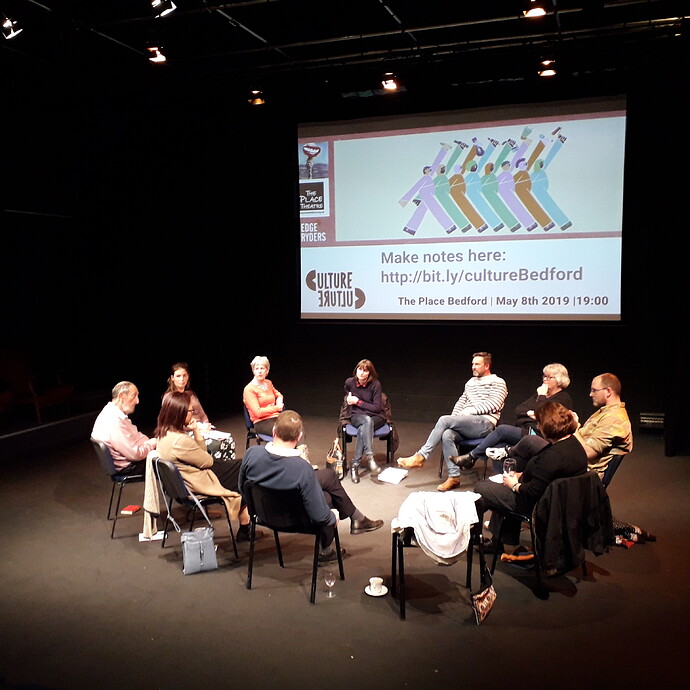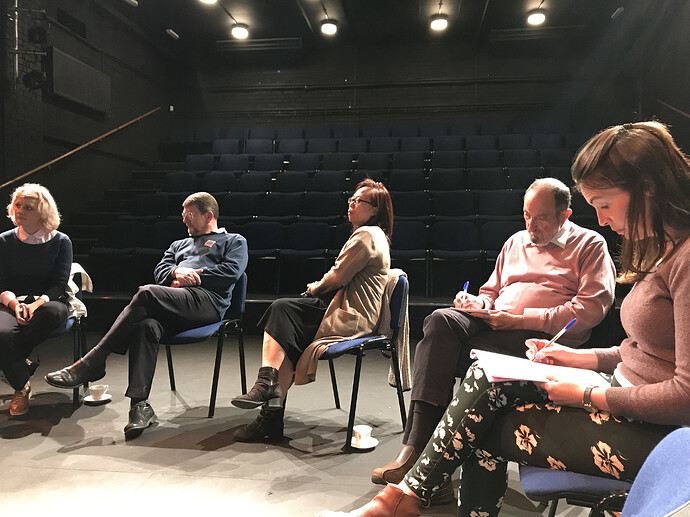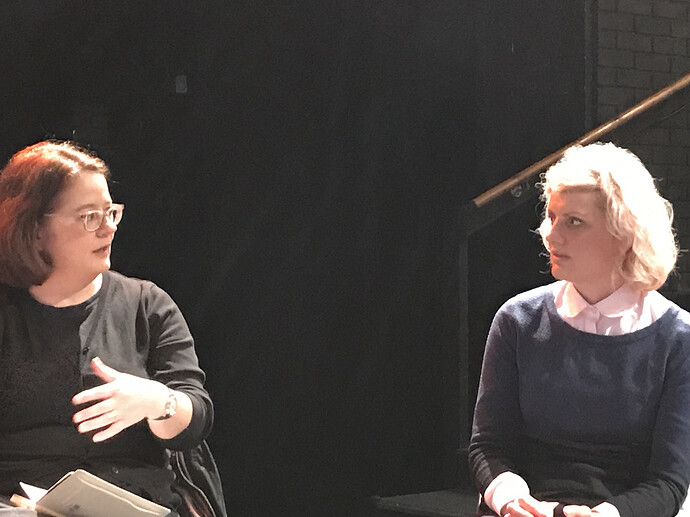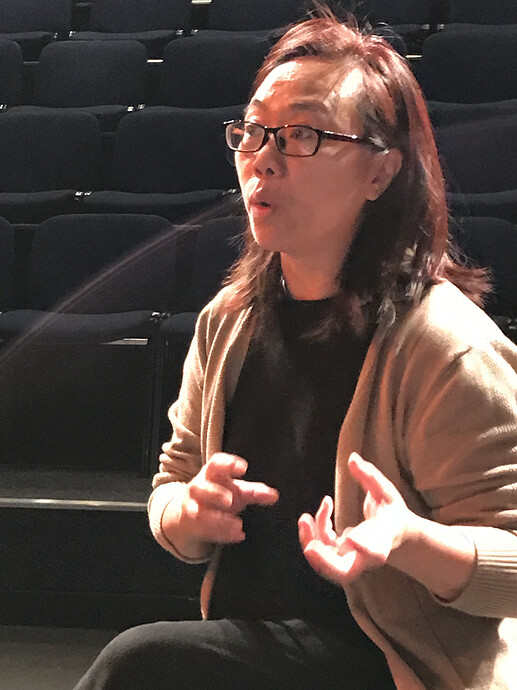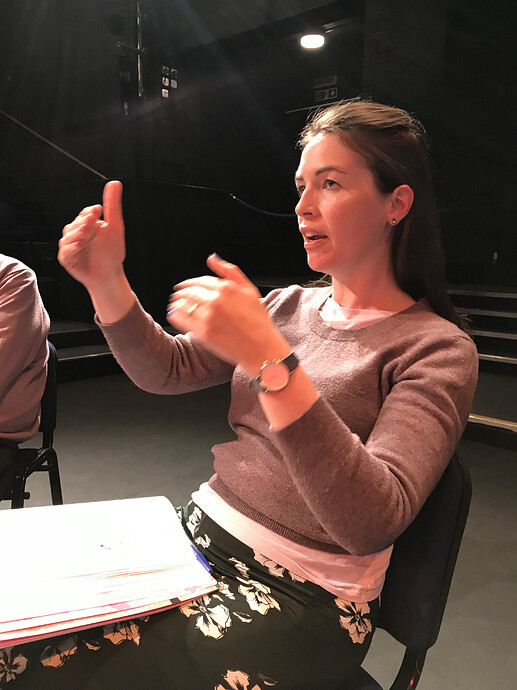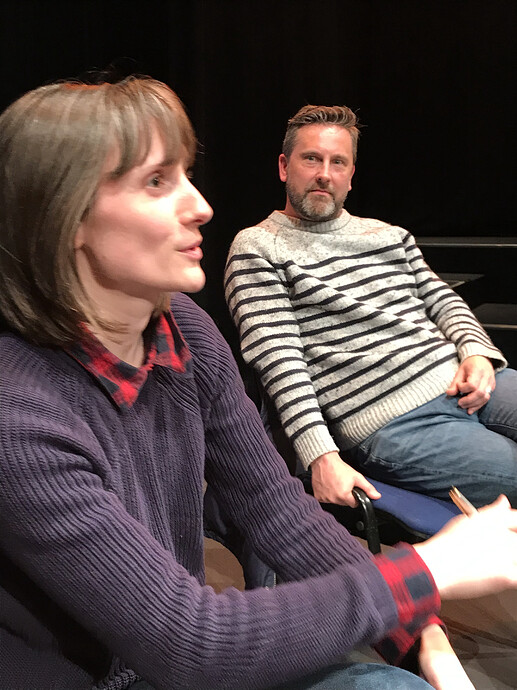What follows below is the notes that i took at the 1st culture Culture event in Bedford. Unfortunately i was the only person who brought a computer/tablet, so the notes are basically my synthesis of the discussions we had, but i’m asking those who contributed to come on here to add/amend if they want ideas fleshed out. It’s also worth noting that my comments and discussion points are missing from here because when i was talking i wasn’t taking notes… next time we’ll fix that.
A useful learning exercise was to remind people in advance that digital tech is encouraged for these events- better pre-event communication. Harder to do because we wanted to be open to general public as well as invited guests. The next 2 events are already being promoted online through Facebook, so i’ll be adding more details about those here as well.
All in all, i thought that we avoided getting to stuck in the wider, systemic issues, (although they did take up a chunk of the conversation) and we managed to start exploring some of the specific issues facing us on a small scale, local level. We also started exploring interesting, radical ideas and approaches which was nice to hear.
The final takeaway from the event was that we had a large representation from cultural and arts organisers and managers, but we need to increase the representation of artist voices at these events too. I think this chimes with your experience in Brussels @noemi ?
Notes below:
Rae - Trustee of The Place Theatre. Involved in the arts & culture movement in Bedford since the early 80s. Some things have moved forwards, very interested to see where we move forwards
Elizabeth - works for The Place/freelance - interested in open conversations. New ideas germinating? Cultural identity pushed forward
Tess - University lecturer in I.T. -
Elaine - BCA director - new to Bedford, previously in Cambridge. BCA has built a new Cultural Partnership (arts leaders and council) New business plan for the organisation. Manifesto for the future of culture in Bedford
Phil - Lifebox - home at The Place. Existing since 2012. This year is about what they are, what they want to say. Bedford is unique town culturally. Thriving and diverse culture for a small town. How do we develop and capitalise on that - how we do show other how to do that
Nicola - UoB lecturer in English Literature
Laura - freelance fundraiser in Bedford and Northampton - background in visual arts with performance arts interests. This conversation has come up before but now may be the time where things begin to change. Interest in how things can be changing with new faces - the right alignments happening. Can it be engineered/forced? What is the economic model that can hold this together? If retail cant hold it, how we change that value system to make that happen.
Ina - originally from Moldova - only in Bedford for 3 months - journalist in culture and history. This is a way to start meeting people with those same interests.
Paul - former teacher at BedfordModernSchool. Former visitor to the Bowen West, then the Civic. Likes to see The Place as the focus for various activities that are redefining arts & cultural activity outside - public visible manifestations of arts & culture in spaces. Limited number of formal spaces - working outside those formal spaces also valuable.
Jih-Wen - Producer for BCA. Drawn to the idea of artists and citizens - working together, partnerships and drawing audiences in. Developing talents and artists - starting where we are - here. Background with the Yarl’s Wood Detention Centre - building relationships between Bedford community and the detention centre. Making culture a vehicle to drive forwards.
19:50 Conversation opening: Alex - what draws you to this discussion, what are the key issues you see, what needs to change, what works already, what do we need to know more about? Lots of questions to ask and draw in.
Harpur Trust (NGO funder - locally based, large funding)- benefits The Place for small scale
Having access to a large scale local NGO funding pot can create a level of reliance on that type of charity? (elaine)(Rae) - can happen to some charities to consider the HT as a first point of call for ongoing funding. Very few org are reliant (or allowed to be reliant) solely on the HT. Does it skew the income away from citizens who wouldn’t otherwise send kids to private education - i.e. can it pull disposable income from citizens into the private education sector?
A new Chief Exec may change things there.
10years ago - everyone looked to the council to get stuff done. People’s mindset has changed - more of a DIY culture bubbling along now. Much less expectation that the civic society will provide for them. Bins vs Ballet argument. (elaine)
How does that change people’s mindsets - blame is placed on the council. What role can the council play in the regeneration of units. Rates/rents - problems with this being set at a national level. Local government can provide relief (for NGO/charities only) - They get beaten up in the press/Social Media a lot for things they can’t change (there is still an undercurrent of blame/responsibility placed on local governments) - In truth landlords are the problem - persuading them to take risks. In Bedford large chunks of property are often owned by National pension funds, or international owners - not connected to the fabric of the town, of the day to day lives of the citizens. Waiting for the next bubble/rise - happy to sit them empty as part of large ‘portfolio’ of properties across UK.
(Yena) What is the relationship with arts and sponsorship? Who funds it? Government gives a small contribution - is it self funded?
Arts Council funds some activity - some people inside/outside.
Fund artistic work through corporate activity
Apply in August and December for ACE. (laura)
From a producer point of view - application writing is a skill. Supporting artistic practice, rather than realising a piece of artistic work. It’s about partnerships - supported by different organisations - NPOs (Arts/culture organisations receiving regular, ongoing funding from Arts Council England[ACE]) become gatekeepers for artists and cultural workers, and it is a burden on them (the NPOs) as well.
Have to show being supported by multiple strands of income - it’s hard work for just artists. It can’t be showing commercial interest. Blanacing being able to fund from multiple different sources (lots of meeting/communications) but also not being so well funded that you don’t need to apply for this fund. Walking a tightrope.
Commissioning artistic work - sustainability of artistic work. - How does it sustain the artist, but also those around the artist. And what about the audiences? To what extent are artists responsible for engaging with audiences?
‘New power’ - Henry Timms (former Arts&Business - NYC) - old power structures inherent in ACE. (Laura - suggested to understand the structure at play behind ACE)
Power structures hold us back - not lithe, not able to respond quickly to changing habits, learning, landscapes.
ACE/Local Authorities are stuck in the same bracket - both old fashioned hierarchies, slow to change, but ultimately with their heart in the right place.
Commercial funding/sponsorship? - not so much outside of cities - what the big offer to them? - What are the assets that are being covered?
Small scale funding from local people and businesses - selling to businesses is a very different skill set - not ‘fundraising’ but sales.
Do businesses have a responsibility to fund arts & culture directly? - attaching your artistic product to businesses can be a difficult issue - people want to know what their brand is being attached to(and visa versa). Tate/BP as an example.
Let’s explore ‘civic’ space as an idea - old fashionned? - Alex talked about how little communal space is owned publicly (often held by developers or private landlords) hidden public spaces, secretly private public space. Wanting to talk about 'the common’s (e.g. space available for the use of all) but without alienating people who don’t know what that is.
Civic has an old fashioned patriarchal sense to it? - Trying to attach some of the past meaning to it, meaning forward thinking, future, unafraid to make bold choices, post-welfare state, 1950/60s optimism - new building, new growth, new communities.Civic ‘pride’ - (Pride in Bedford) - an initiative to get things going. Attempt to make it more emotive - became LOVE Bedford instead. Became retail and spending/growth oriented. But can be re appropriated for a different context
Baz Kershaw (author)- community theatre to connect with communities. - what is our main idealogy? Capitalist. Shifting mindsets - what is the most important things to us?
Influencing other people in power - George Monbiot - GDPR as measurement of success in broken.
Frustration that the economic argument is the only way to get through ‘at the moment’. How can we speak of the inherent quality of arts and culture, without having to sell their ‘value’?
How do we explore the areas of criticism in artistic practice. No political edge or teeth.
We have commoditified everything - even students. There’s no radical student body.
How do we turn the negativity in our common spaces and the need together? So much online anger at the changes to the retail landscape, old shops shutting, new businesses closing quickly, new developments sitting empty - this leads to lots of online frustration and anger, but not to a movement. Sense that Bedford is ‘dying’ but even though this is a vibrant and busy time for many its hard for the new shoots to break through the dead old wood.
If people are comfortable they aren’t radical - remove the comforts. (we had a joke here about blockading the train station and turning off the electricity in the town)
High visibility stuff - topical - speaking to people directly - how do we make a bigger splash?
Open programme - finding spaces where we can find people
Appealing to a lifestyle or educational, or things that connect. A shared programme of activities that can be touch points across many places. - working in partnership - working with multiple communities to speak to the whole population.
Building an opportunity that artists want to pitch into. Do we have too many administrators and not enough artists in Bedford?
What is the security element? -
Is there a thing around basing yourself in Bedford and building from that?
What is the cultural ecology that nutures artists? What are the structures that cover constant building. Is growth sustainable?
20:45 Action points for the near future: What do you need help with? Can you help someone?
Rae - cultural partnership opportunity - a platform - objective to build a cultural manifesto - where are the views of the residents of Bedford.
Laura - shift in thinking away from orgs/structures. Change has to come from the artists. Attracting more people in away from the structuralists. Is there a mechanism to make it happen at a more anarchic/creative level - can we do it without mentioning ACE?
Jih-Wen - attracting more artists and producers to the town? Or how do we activate those people within our community already - and make them work HERE! A call for help and support from those outside the doors
Elaine - Local authority - new portfolio holder for Arts&Culture. Creative Bedfordshire needs rebolstering. Joint ownership of that network/group. What do artists want? Is this a mechanism. Creative workspaces? What is the future for these? Is the artist space a thing we can reasses? Revenue poor but capital rich orgs. Finding that creative ecology
Ina - artists as actors of change. Press and journalism can help with this - a lack of exposure. The need for citizen journalists - creating mouthpieces for people to challenge and create visibility.
As you can see towards the end we started to talk about the next steps - ideas to discuss further. I’m going to feed back to participants directly and see if they have any specific ideas about the next step. One of the things i want to look at for our July event is people bringing case studies of interesting initiatives from elsewhere - perhaps we can learn more about what different ideas we could develop here.
We also want to have more representatives from the local authority and regional level funding organisations present for future conversations.
